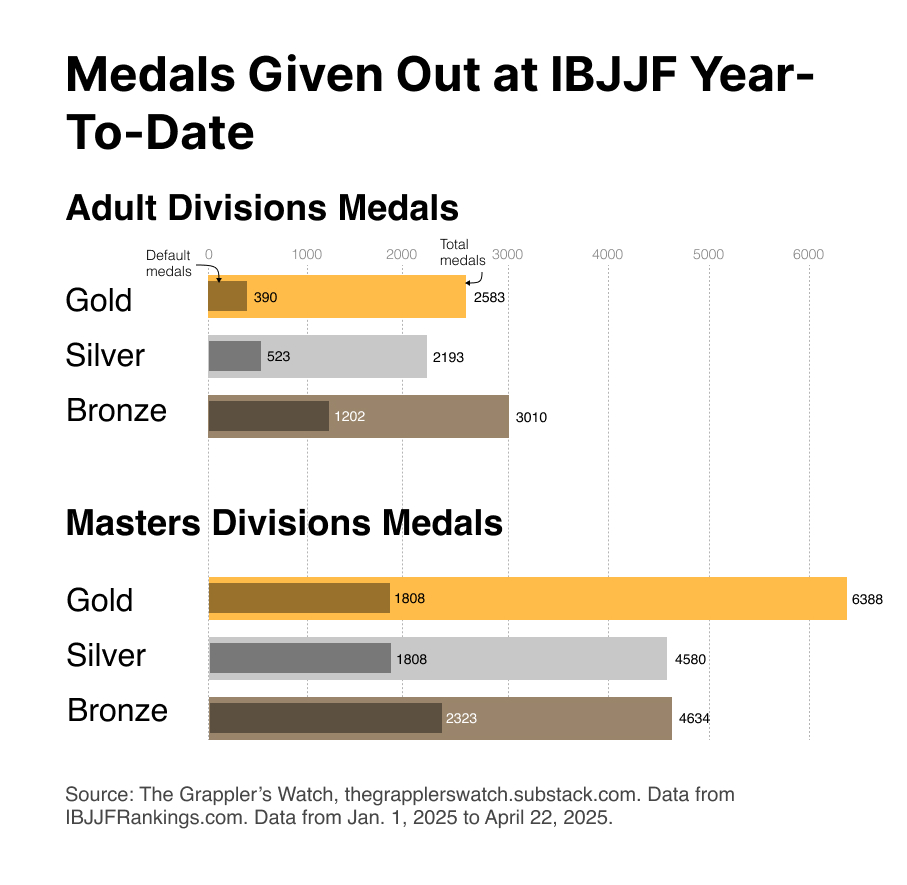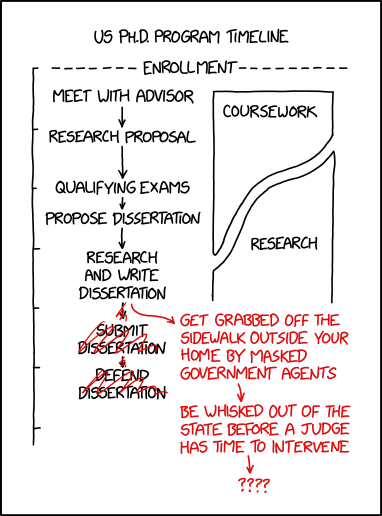The first time Facebook tried to sell me an autism test, it seemed presumptuous. I’d wondered about it, of course. But I couldn’t be autistic. Someone would have spotted it. Like one of those doctors I was taken to as a baby to work out why I hated to be held. Or my parents, who read books about families fighting to cure their sons of a devastating affliction. That wasn’t me, was it? I was productive. I was successful. I wasn’t disabled.
I did not take an autism test that day. But I did take a call from my mother at lunchtime. We chatted about how Instagram was always trying to sell her the oddest things. “I know,” I chuckled, “Facebook thinks I’m autistic!”
There was a silence. ‘‘I was wondering if we’d ever have this conversation,” said Mum.
That conversation was the lipstick on the collar of the life I thought I’d been leading. I found more evidence between the lines of school reports, college transcripts, breakup letters. In an old photo sent to me by a family friend, where she and her sister are smiling for the camera on my mother’s lap, it takes a second to spot myself in the photo, quivering in a ball of malfunctioning-five-year old.
What do we know about autism? We know it’s a form of cognitive difference that is also a disability – and how disabling it is depends as much on your social circumstances as it does on your symptoms. For as long as records have been kept, a small percentage of the species has been meaningfully different to other people and meaningfully similar to each other. We are odd, obsessive and socially oblivious. We find the world noisy, intense, overwhelming. Some of us struggle to speak and care for ourselves; some of us have extreme fixations or unusual talents. I have an uncanny ability not only to remember the lyrics of every song I’ve ever heard but to repeat them at the least socially appropriate moment.
Doctors began to classify autism as a condition in the 1930s, when there was something of a vogue for eliminating human difference. Up until the early 00s, most researchers blamed parents. But autism is not caused by bad parenting or heavy metal poisoning or vaccines. It’s largely genetic. And there’s no known “cure”, although most research funding is still funnelled into finding one, the focus being on fixing disabled people, not helping us.
After a recent surge in diagnosis, it is believed about 2% of the population has significant autistic traits. There are about as many of us as there are twins or natural redheads. Critics bemoan an “epidemic” of “overdiagnosis”, but over time, the number of people with autistic traits has stayed pretty consistent. What has changed is how many of us know. So many that there’s now a standard way to tell the rest of this story. I’m supposed to reassure you with an upbeat tale of self-acceptance. Instead I’m going to make things awkward and tell the truth.
‘Facebook thinks I’m autistic,’ I said to my mum. There was a silence
From an early age, I was obviously different. I was an intense, spooky, undersized child who refused to come out from under the table. But in the 1990s, I lacked one of the major qualifiers for diagnosis – a penis.
The stereotypical autistic person is still a white man who solves crimes with science. Even today, autistic men are more likely to grow up understanding they have a problem, whereas autistic women and non-binary people learn we are a problem. Most of the recent surge in adult diagnosis is in adult women who were missed as children. The standard excuse for this is that women and girls are “better at masking”. But autism is not, in my experience, an invisible condition. It is an illegible condition. When an autistic woman does not read as autistic, she rarely reads as ordinary. She reads as insane or perhaps evil. I spent decades worrying that I was both.
The first time I can remember getting smacked in the face by a classmate for thinking I was special, I was six. But I learned I could compensate for my oddness by racking up achievements. If I worked hard, I’d get to be gifted rather than just freakish. At no point did I think anyone else, disabled or otherwise, was worthless if they weren’t accomplished, just that I wasn’t like other people.
Years later, as I waited to take the actual autism test, I was still telling myself how lucky I was. Obviously, I had the good sort of autism. The sort that gets called “high-functioning”, which means nobody has to worry about looking after you. The sort where one day, if you’re lucky, Benedict Cumberbatch might play you in a film. As long as you work hard, win prizes and hide all the parts of you that aren’t polished and productive.
But the older you get, the harder it is to mask. For years, I scrupulously avoided every situation where someone might see me overwhelmed by sound, stammering and struggling with keys and cutlery. Noisy pubs. Office jobs. Long-term relationships. I spent years living out of suitcases to avoid managing a household. I hoarded little jackets for every conceivable social situation. I dyed my hair shocking pink, partly to make my ambient strangeness seem intentional, like framing a crack in the wall. I was always friendly, never angry, and carried on racking up achievements to compensate for the fact I was, on some fundamental level, broken. None of it was enough. People could always tell. Studies have shown that children begin to identify and punish autistic traits from a young age. Human beings reinforce social norms by hurting people who break them.
A memory: I’m eight years old. It’s assembly and a teacher I don’t know turns round in his chair and screams that I’m the rudest girl in the school. I stand there, frozen, as the laughter starts. I know this tweedy, angry man is right. I know I’m exhausting and embarrassing and disgusting, although I never find out what I’ve done this time, because of what happens next. I notice the teacher has big bags under his red-rimmed eyes. I’ve read that this means he’s tired, sad or sick. The solution is obvious. In front of the whole school, I pat his arm and say: “Are you OK?”
Anxious to understand where I was going wrong, I studied the maxims of children’s TV, where cartoon mice and puppet dinosaurs insisted it was OK to be strange. It didn’t occur to me that the singing dinosaur would lie, so I was confused as to why I kept getting bullied.
For me, the real value of my autism diagnosis isn’t understanding myself. It’s understanding other people. It turns out you lot are constantly emotionally resonating at a frequency I just can’t hear. It turns out that, actually, most people are uncomfortable around social difference and get considerably less comfortable when you point it out.
When I started to discuss my diagnosis with friends, I was expecting at least some surprise. Gosh, they’d say, we’d never have guessed. You’re so slick and put-together. You must have a lot of little jackets. And then I could show them my collection. In fact, there’s been a pretty even split between “That explains a lot” and “Wait, you didn’t know?”
One of the most autistic things I’ve ever done is believe it would be straightforward to come out as autistic. Six months after I tried to show a person I loved my real, unmasked self, I was decisively divorced. Soon after that, for the first time in front of colleagues, I had the sort of shutdown where everyone sees you stammer and twitch and retreat behind your eyes – and the gig was up. My bosses told me my work was wonderful and I shouldn’t worry. I was fired the next day.
Modern culture congratulates itself on “autism acceptance” with the confidence of a lying lying cartoon dinosaur. The reality of stigma and social shame is exactly why my friends and family avoided talking about my autism for so long. Discretion was supposed to protect me. But it rarely does. In fact, neurodivergent people face just as much ostracism and violence when we don’t reveal our diagnoses. I’ve been incredibly lucky; not everyone with my symptoms is able to work and live independently. But how many more of us could if we were met halfway by a culture that actually values human difference?





